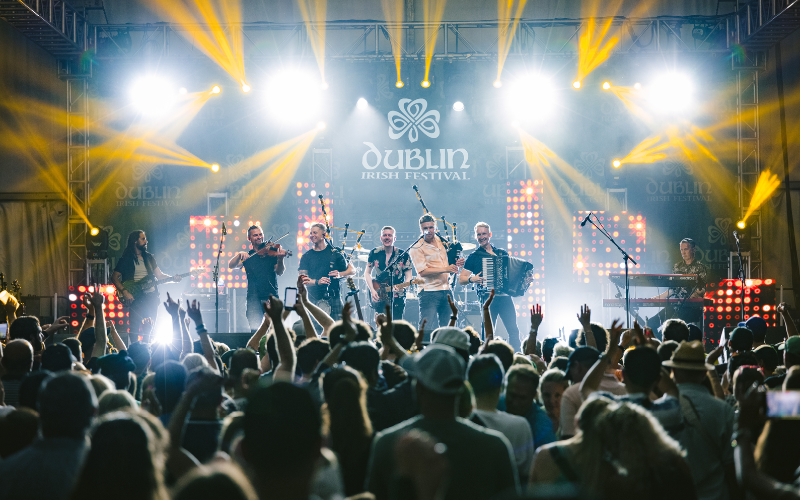Former minister for the environment Alan Kelly and ex-junior minister Seán Sherlock are seen as likely candidates for leadership of the Irish Labour Party now that Joan Burton has announced her intention of stepping down from the job.
Another name figuring prominently in speculation is former minister for public expenditure and reform, Brendan Howlin, who is to make an announcement on the issue after the weekend. Former education minister Jan O'Sullivan is also being mentioned for the position.
The long-forecast announcement by Burton came in the aftermath of her party's dismal showing in the February 26th general election when Labour representation in Dáil Éireann, the main house of the Irish parliament, went down from 33 to seven TDs.
She herself had replaced Eamon Gilmore as leader after Labour's performance in the local and European elections of May 2014, when the party suffered a major setback at the ballot-box.
Despite hopes that the decline in support for Labour could be arrested and even reversed, the general election proved to be an even greater disaster for the party than most observers had predicted.
Burton, who held the positions of tánaiste (deputy prime minister) and minister for social protection in the last government, will continue as leader until a successor is elected.
Labour Party rules require that a leadership election must be held if the party ends up in opposition after a general election. Candidates have to be proposed and seconded by Dáil deputies but each party-member has a vote in the election.
At a press conference announcing her decision, Burton recalled that Labour had entered government five years ago at a time of major economic difficulty, and she added:
"We didn't do everything right but I believe we left Ireland a better place and I think that's the true test for any party in government.
"So while the election was disappointing, very disappointing, our fightback has already begun."
In a statement, Taoiseach (prime minister) Enda Kenny thanked Burton for her work in government over the past five years and he added:
"During this time, she and her ministerial colleagues in the Labour Party played a major role in rescuing the Irish economy, which was on the brink of collapse when we entered government in 2011.
"Many of the tough decisions that had to be taken to turn the country around were unpopular and politically difficult but Joan Burton and her colleagues were steadfast in doing what was right for the country."
Her successor as Minister for Social Protection, Dr Leo Varadkar said: "She was a powerful advocate for social justice in the last Government. I am privileged now to have the opportunity to build on her work in my new role."
Alan Kelly (40), a brother of Irish-American businessman Declan Kelly, currently occupies the position of deputy leader. A robust, shoot-from-the-hip politician, he made a strong impact recently with a speech condemning an agreement between the Fine Gael and Fianna Fáil parties to suspend charges for households using the public water supply.
The Tipperary TD recalled how a former leader of his party had accused Fianna Fáil in the past of "economic treason" and Kelly described the deal on water charges as "environmental treason".
Séan Sherlock (43), who represents the constituency of Cork East, is probably more popular among senior figures in the party. His style is more conciliatory than Kelly's but his public profile would not be as high.
The last position he held was as junior minister for overseas development assistance and, prior to that, he was junior minister for research and innovation. He is a son of the late Joe Sherlock who was a TD for Labour and previously the Workers' Party and Democratic Left.
Brendan Howlin (60) has been a member of the Dáil for Wexford since 1987 and has held three cabinet posts over the years, as minister for health, the environment and, most recently, public expenditure and reform.
One of the most respected figures in Irish politics, he may not feel like taking up the task of restoring Labour's fortunes at this stage of his career.
Reviving the Labour Party and its fortunes will be a challenging assignment, requiring a good deal of grass-roots work and travel to branches around the country. With a mere seven TDs, Labour is trailing the main opposition parties, Fianna Fáil with 43 deputies and Sinn Féin with 23.




Comments